The 2023 SASP Summer School will be held on campus at St Hilda’s College at University of Melbourne, from Monday November 27th – Thursday November 30th, 2023, in Parkville, Melbourne. Note these dates are immediately after the SASP/ACPID conference in Noosa.
There will be three teaching streams and at least two teachers hosting each stream. Please see below for information about the steams and teaching faculty for the 2023 program. Upon application, students will be asked to nominate their preferred stream. In addition to the teaching streams, there will be a series of group-wide workshops by visiting scholars in the field and a lively social program.
The cost for the summer school is $390AUD per student. This cost includes all meals during the formal program (breakfast, lunch, and dinner Monday – Wednesday; breakfast and lunch on Thursday) as well as accommodation from Sunday night – Wednesday night. Attendees from Melbourne who wish to sleep at their own homes but still attend the full program of the summer school and receive all meals can do so for the reduced rate of $200AUD, or they can stay at the venue for the full cost. Payment instructions will be provided upon an offer of placement.
Find details of the application process for the 2023 SASP Summer School here.
Teaching Streams
The teaching faculty for the summer school in 2023 is Dr Khandis Blake, Dr Nickola Overall, Dr Lydia Woodyatt, Dr Michael Thai, Dr Joel Anderson, Dr Beatrice Alba, and Dr Amanda Rotella.
Stream 1: The Real Between-Groups Analysis: An Exploration of Contemporary Intergroup Relations Research
Stream description: In this stream, we will explore a range of approaches to intergroup relations research, including core theories, methods, and cutting-edge findings. We will focus on factors that shape intergroup relations between minoritised and majority groups, including racial/ethnic groups, sexuality and gender groups, national and immigrant-status based groups, and more. Finally, we will explore contemporary trends and metascientific issues in intergroup research.
Presenters
Dr Joel Anderson, Australian Catholic University; Latrobe University
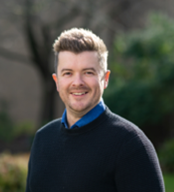
Bio: Dr Joel Anderson (he/him) is a Senior Lecturer of Social Psychology in the Institute for Positive Psychology and Education at Australian Catholic University and a Senior Research Fellow in the Australian Research Centre in Sex, Health and Society at La Trobe University. His research focusses on minority group processes and experiences, with a focus on understanding and ameliorating the negative consequences of living with a minoritized identity. He is in the final stages of a research fellowship exploring LGBTQA+ conversion practices, and will soon commence a fellowship exploring implicit and explicit internalised sexual prejudice in Australia. He also conducts research into refugee and asylum seekers experiences of civic and educational participation in Australia, leads a lab of chaotic PhD students, and is passionate about intersectional and lived experience research.
Dr Michael Thai, University of Queensland
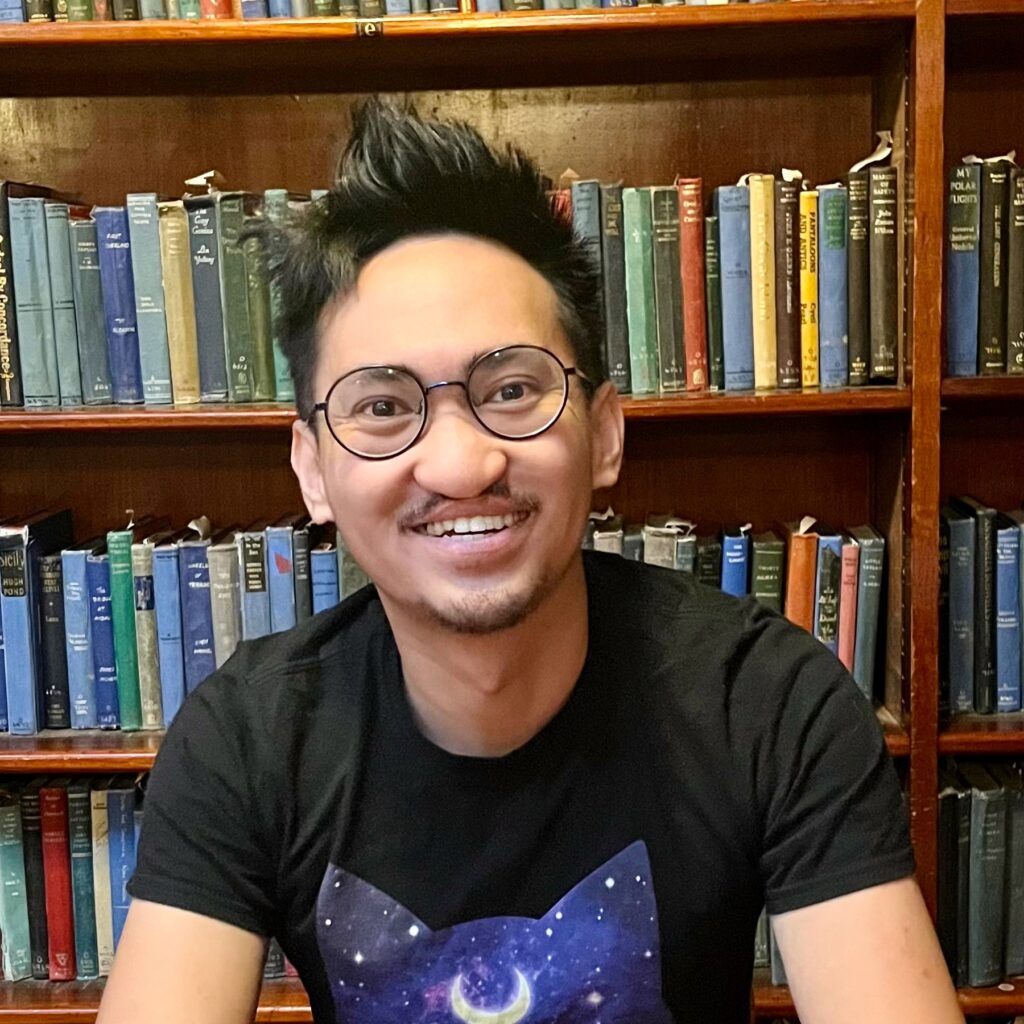
Bio: Michael Thai (he/him) is a lecturer in the School of Psychology at the University of Queensland. His work broadly examines intergroup dynamics, interpersonal dynamics, and the interplay between these processes. Michael is currently pursuing an Australian Research Council Discovery Project investigating the potential negative implications of intergroup contact for racial minority group members. Other ongoing research projects of his explore marginalised group members’ perceptions of advantaged group allies, reactions to racial preferences in dating, and the causes and consequences of excluding racial minority group members from Western conceptions of national identity. Although he enjoys research, Michael’s first love is teaching and mentoring the next generation of thinkers.
Stream 2: Close Relationships: The Building Blocks of Social Life.
Stream Description: Social relationships are the foundation of human life, which means most psychological processes are best examined and understood within relational contexts. This stream will focus on core social processes that shape people’s close relationships and their health and wellbeing. Each day will be organized around deep-dive applications to specific topics (e.g., conflict and reconciliation, coping and resilience, power and sexism, regulation of attachment insecurities). These applications will enable students to evaluate the state of the field, apply a person x environment perspective, and develop the methodological tools needed to investigate relationship processes.
Presenters
Dr Nickola Overall, University of Auckland
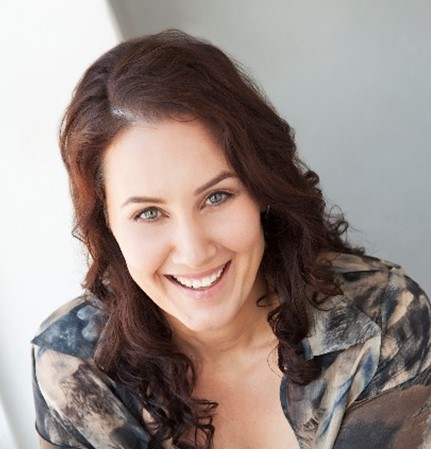
Bio: Nickola Overall is Professor of Psychology at the University of Auckland, New Zealand. Nickola’s research focuses on identifying how to overcome barriers to healthy relationships. Nickola investigates the factors that determine whether families and couples can effectively resolve conflict and support each other, such as biased perceptions, emotion regulation, attachment insecurity, power, and sexist attitudes. Nickola has published over 150 journal articles, chapters, and books. Her research has been supported by >1.5 million in external funding, and recognized by several research awards and international fellowships. Nickola has served as associate editor for Journal of Personality and Social Psychology, Social Psychological and Personality Science, and Personal Relationships. Nickola is dedicated to supporting early career psychological scientists and has received several awards for her teaching and research supervision.
Dr Lydia Woodyatt, Flinders University
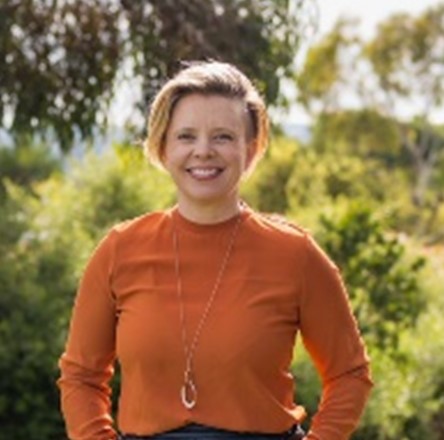
Bio: Lydia Woodyatt is Associate Professor in Psychology at Flinders University. Her research applies social psychological theory and empirical approaches to understanding human responses to transgressions and failure with research that bridges across the psychology of justice and moral repair, wellbeing, psychological needs, emotions, and relationships. She utilizes prospective-longitudinal, intervention, qualitative, dyadic and experimental designs to advance knowledge on these complex psycho-social processes within relationships, at work, and online. She is recipient of funding from both the ARC and Industry, and was the senior editor of 2017 The Handbook of the Psychology of Self-Forgiveness. Lydia is also an award-winning educator, Teaching Program Director in Psychology at Flinders University, and member of the Flinders University Institute for Mental Health and Wellbeing.
Stream 3: How evolution shaped the social mind: A crash course for the fledging social psychologist
Stream description: Why do people behave the way they do? This is a fundamental question in social and personality psychology, yet most research focuses on the how or the what. As a result, many graduate students in social psychology have little to no understanding of the ultimate, evolutionary forces that shape the outcomes they care about. In this stream, we will provide a crash course in how to apply evolutionary theory to social and personality research to enhance understanding of the interplay between nature and nurture. We will explain how and why the human mind evolved for social life, misconceptions about evolutionary psychology, and why you should lead the charge for a fully integrated, evolved understanding of our social lives.
Presenters
Dr Khandis Blake, University of Melbourne
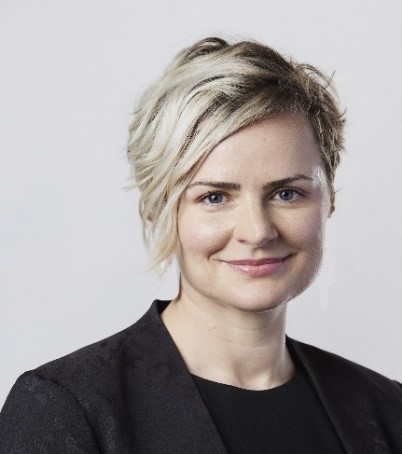
Bio: Dr Khandis Blake is an evolutionary social psychologist at the University of Melbourne who applies nature/nurture frameworks to study sexual politics. Dr Blake was awarded a DECRA fellowship in 2021 to examine the relationship between income inequality, status seeking, and physical appearance enhancement, and a Discovery Project in 2022 to investigate how gender and income inequality affect attitudes and behaviours concerning sex and gender. Dr Blake convenes Twitplat, a publicly available platform of 2.2 billion tweets spanning 10 years and geolocated to every country worldwide. She also runs the Daily Cycle Diary, a worldwide citizen science project examining the psychological effects of the menstrual cycle. The guiding principle of her work is to use psychology and biology to promote gender equity.
Dr Amanda Rotella, Northumbria University – UK

Bio: Dr Amanda Rotella is an Assistant Professor of Psychology at Northumbria University, UK, where she leads the Perception, Evolution and Behaviour Research Group. Dr Rotella’s interdisciplinary research program broadly focuses on human social competition, in which she investigates how sociocultural and ecological factors shape competitive strategies over time, and in-turn, how these social incentives influence cooperative decisions, moral behaviours, and reproductive strategies. Her work draws on diverse fields, including social and personality psychology, judgment and decision-making, behavioural economics, evolutionary biology, and behavioural ecology.To study these topics, she uses a variety of methods, including longitudinal analyses of secondary data, meta-analysis, and experimental methods.
Dr Beatrice Alba, Deakin University
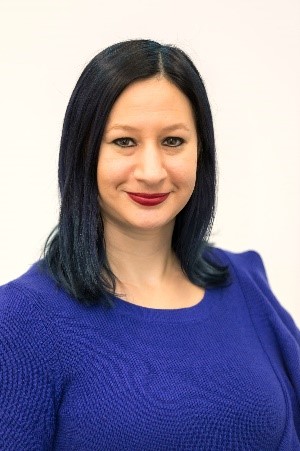
Bio: Dr Beatrice Alba is a lecturer in the School of Psychology at Deakin University. As well as teaching psychology at the undergraduate level, she supervises fourth-year, masters and PhD research projects. Her current research focuses on the outcomes associated with experiences of sexism in workplaces and personal relationships, and she has a keen interest in evolutionary psychology. Prior to working at Deakin, she was a research fellow at La Trobe University, where she researched the health and well-being of older LGBTI Australians. She has published in international peer-reviewed journals, and has written for the general public in The Conversation, SBS Voices, and The Guardian.
Apply now
Applications are due by close of business Monday 14th August 2023 AEST.
Find details of the application process for the 2023 SASP Summer School here.
For more information
Contact Bec Payne () for more information.
